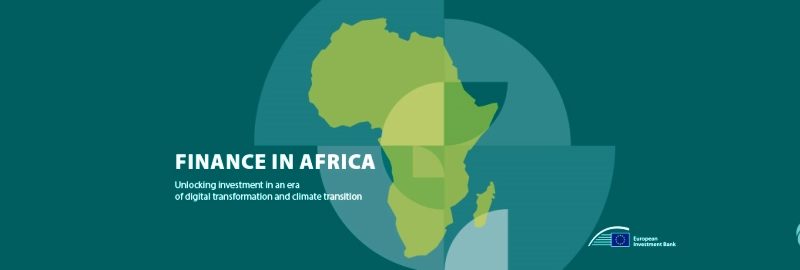The number of fintech companies in Africa has nearly tripled since 2020, driving increased financial access for individuals and businesses across the continent, according to the latest Finance in Africa 2024 report from the European Investment Bank (EIB). Released recently, the report highlights significant advancements in African financial services alongside pressing challenges for sustainable economic growth.
RELATED: The rise of fintech in Africa: A post-pandemic transformation
“Fintech is transforming financial access in Africa,” said EIB Vice-President Thomas Östros. “By harnessing technology, we can extend finance to millions, supporting broad-based economic development.”
In 2024, Africa hosts 1,263 fintech firms, up from 450 in 2020, a testament to digital finance’s rapid expansion, which outpaces traditional banking. However, high funding costs and limited access to capital remain substantial obstacles. Private-sector credit has declined from 56% of the GDP in 2007 to 36% in 2022, constraining the region’s industrial growth and economic resilience.
Further insights from the EIB’s Banking in Africa survey highlight sectoral challenges, with 77% of sub-Saharan banks citing economic conditions as a top concern. A third of these banks also report issues related to capital access and funding costs.
“Despite easing conditions, finance costs remain a challenge,” said EIB Chief Economist Debora Revoltella. “In facing both climate and digital transitions, the role of development banks becomes critical to sustainable growth.”
The report also addresses climate change risks, with Africa identified as one of the most vulnerable regions to climate impacts. About 34% of surveyed banks report asset quality risks due to extreme weather, particularly affecting small and medium enterprises (SMEs).
Gender financing is also on the rise, with nearly 70% of African banks reporting lower non-performing loans for women-led businesses. Around 17% of banks plan to develop specific gender financing strategies, emphasizing the positive impact of inclusive lending.
Read full report HERE.





























